Top 7 Lebanon Culture, Customs and Etiquette
Lebanon, formerly referred to as the Switzerland of the Middle East, has a reputation that extends beyond its physical borders and is the location of some of ... read more...the most fascinating cultural facts. Similar to how early experiences aid in deciphering adult behavior, historical and sociopolitical context is helpful in understanding a country's cultural heritage. Here are a few suggestions to assist readers learn more about Lebanon Culture, Customs, and Etiquette.
-
Marhaba, the Arabic equivalent of "hello," is the appropriate way to greet someone politely. In some areas, people also say "Peace be upon you" or "As Salamu Aleykom," to which the response is "Wa Aleykom." Salam. Peace be upon you as well, as Salam. Since French customs have a significant influence on manners and etiquette, it is also fairly common to hear friends, coworkers, acquaintances, and even complete strangers utilize French greeting expressions such as bonjour and bonsoir. To emphasize warmth and friendliness, locals frequently translate foreign terms into Arabic, such as Bonjour-eyn/Bonsoir-eyn, which means double Bonjour/Bonsoir. Since the Lebanese are multilingual, they even alternate between Lebanese Arabic, French, and English, which is where the well-known greeting Hi, Kifak, ça va?, which means Hi, how are you, good?
The correct greetings, such as Sabah el Kheyr for good morning, to which the response is Sabah el noor, and Masa el Kheyr for good evening, to which the response is Masa el noor, are highly appreciated by Arabic speakers when Westerners wish to create a good first impression. That is one of the list Lebanon Culture, Customs and Etiquette.
dailysabah.com 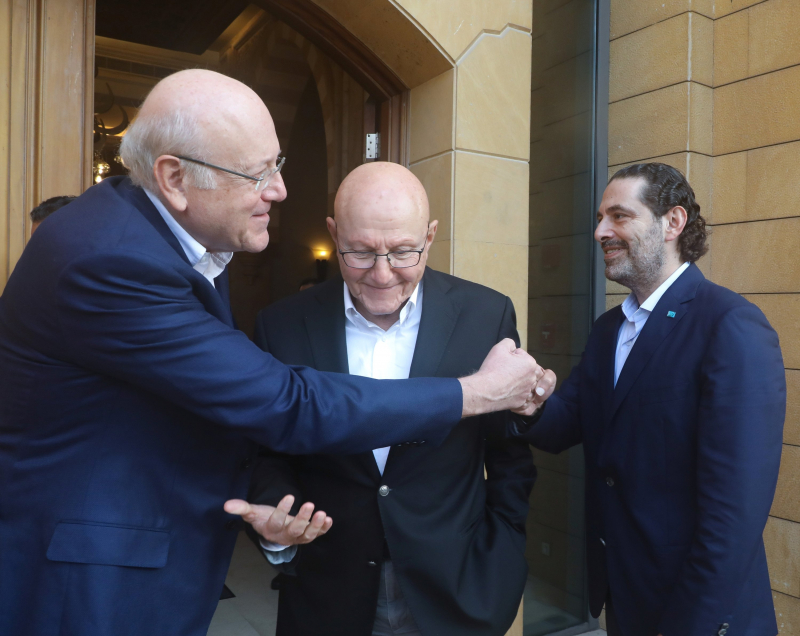
dailysabah.com -
Arabs are known around the world for being friendly, hospitable, and warm. This rule applies to Lebanese culture as well, and the people are noted for being extraordinarily cordial, helpful, and giving. Foreign visitors are cordially welcomed and occasionally even treated to a night out on the town in Beirut. They are treated with respect and given the greatest products and services. In order to show respect, amiability, and honor to the invitees, hospitality sometimes involves providing a large range of food-based entertainment for the visitors. It is better to bring a present than not to bring anything at all while visiting a Lebanese home. It is particularly appreciated when foreign visitors present a traditional handcrafted handicraft. Offering useful gifts like desserts, candies, or even a nice bottle of wine or champagne, if the host is tolerant of alcohol, is also common. However, it is preferable to err on the side of caution to be safe. Giving anything in exchange is not required; rather, it is a polite gesture meant to please the host, forge connections, or improve the relationship.
The comedy of the Lebanese is unmatched. They enjoy making light of every circumstance and seeing the humor in practically everything. Nothing and no subject is off limits to jokes, including politics, religion, economics, business, education, and family dynamics. Recently, when French President Macron visited the nation, the Lebanese were quick to make a funny joke about how after his visit to Lebanon, the French Head of State began addressing his assistant with the local term Bonjour-eyn rather than the formal French term Bonjour, underscoring the influence of the "Lebanese style" on visitors.
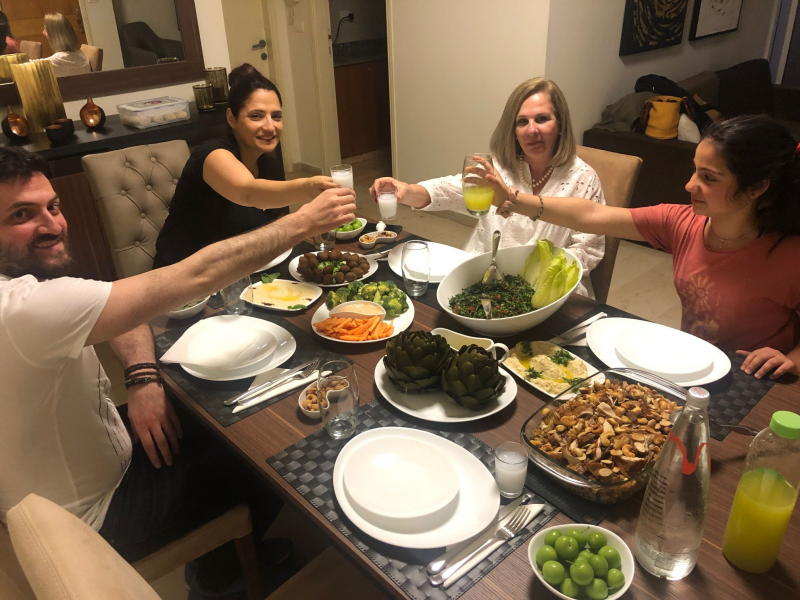
travelingspoon.com 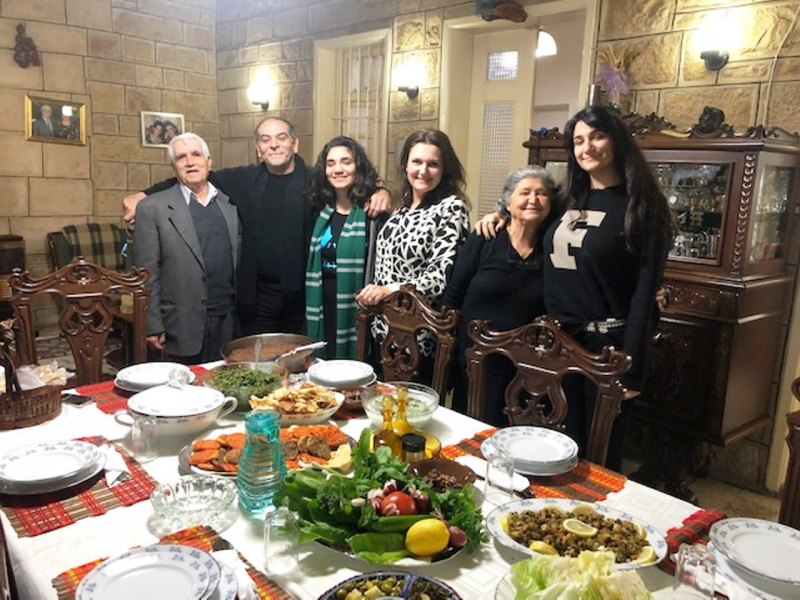
travelingspoon.com -
In the patriarchal society of Lebanon, where the father is regarded as the head of the home and the mother as the goddess of her family, respect, consideration, and loyalty to the family are prioritized. Families, both immediate and extended, are significant and are thought of as a network that supports and takes care of all of its members. The safety provided by the family is viewed as the foundation that supports its members, brings them comfort, encourages self-growth, and eventually propels them toward success. It is one of the list Lebanon Culture, Customs and Etiquette.
Family obligations are sacred and may even take precedence over friendships or other commitments that might conflict with them. Younger generations begin to understand at a young age that taking care of parents and elderlies is part of the family's history since senior members are always acknowledged and appreciated.
Due to merit or nepotism, many successfully anchored firms are family-owned, with family members holding prominent positions. It is preferable to avoid expressing any kind of dissatisfaction in this situation. It is imperative to avoid criticism in general because it could be taken as an insult. No matter how well-intended, even constructive criticism is not welcomed. To save face and maintain the person's dignity, foreigners should make their professional advice in a responsible manner, making sure to emphasize admiration and high regard for the subject matter.
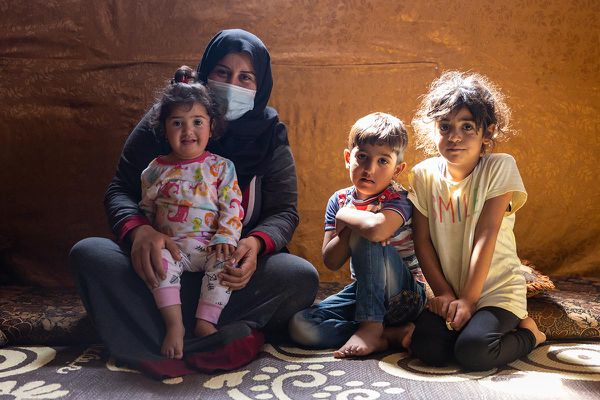
etclearning.com 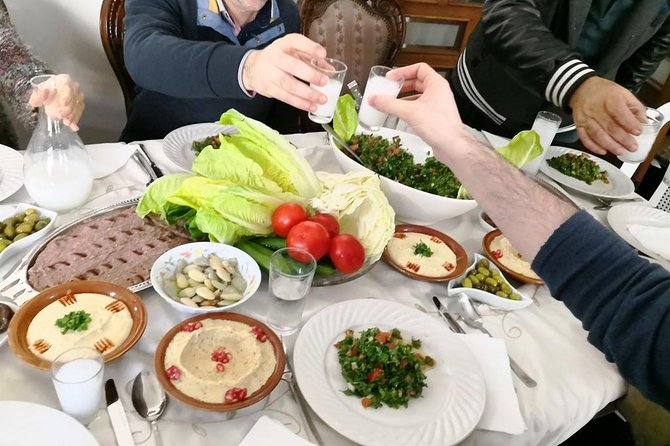
etclearning.com -
Lebanese people frequently make hand gestures, like other Arabs do. Take the hand gesture for the word Shou, for example, to mention a few popular ones. indicating What? By raising the hand and rotating the fingers in a half-circle, it may be determined. Another common hand gesture is the Shwey-Shwey, which involves bringing the fingers together with the palm facing up and lifting the hand up and down to instruct the other person to calm down or speak carefully, which is one of the list Lebanon Culture, Customs and Etiquette. Parents frequently use this gesture with their children as a warning when they are doing something wrong.
Furthermore, hand gestures can be used to emphasize dissension as well as to call attention to the need to halt an action. People use the words "Khalas" or "Bess" to indicate "Stop" or "I don't want to hear anymore" while holding out their right hand with the palm facing the other person. There are undoubtedly a lot more hand gestures to master. Foreigners may find it simple to interpret local customs as they become more accustomed to them.
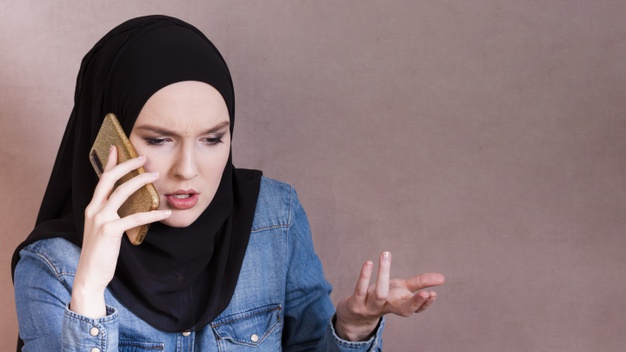
moderneast.com 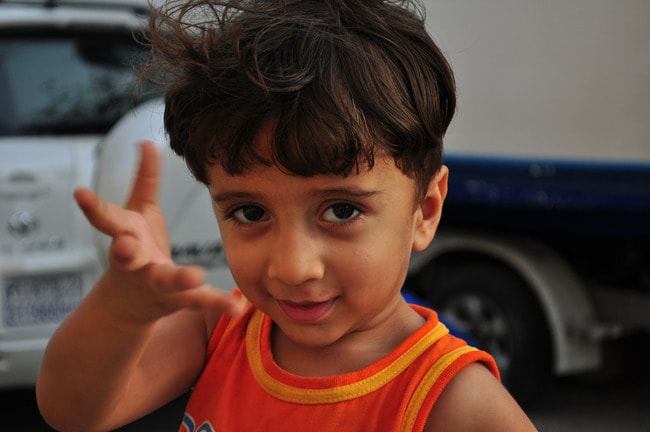
moderneast.com -
In some parts of the Arab world, there are differences between the written and spoken forms of Arabic. The dialect of Levantine Arabic spoken in Lebanon is known as Lebanese colloquial Arabic. The majority of individuals in Lebanon are at least multilingual, with French or English as their second language, and the country has a high literacy rate.
Christian groups frequently speak French, but during the past 20 years, English has been even more widely used. However, Modern Standard Arabic, also known as al Fusha, is the only language used in the news media, literature, written documents, and official contexts throughout the Middle East. Thankfully, English and French are commonly spoken, making it simple for visitors to get around the city. The Armenian community, who mainly moved in after the 1915 genocide that caused Armenians to be dispersed all over the world, speaks Armenian, which is another language that is widely spoken in the area.
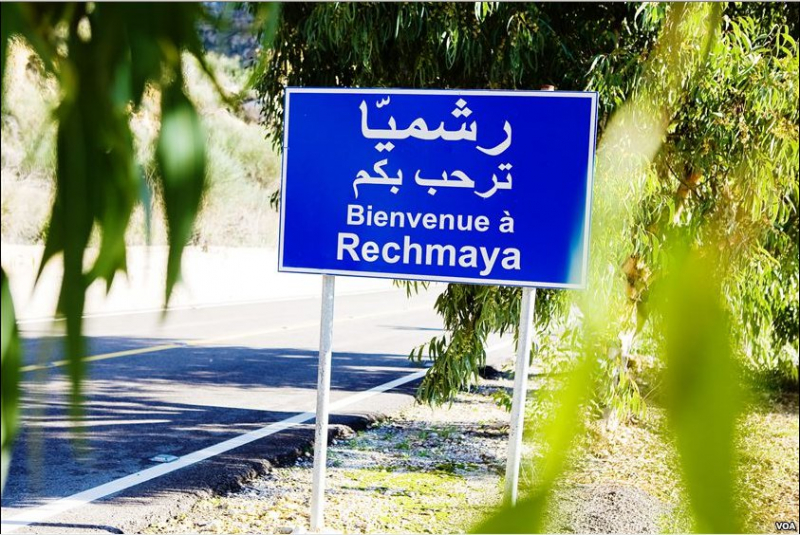
executive-magazine.com 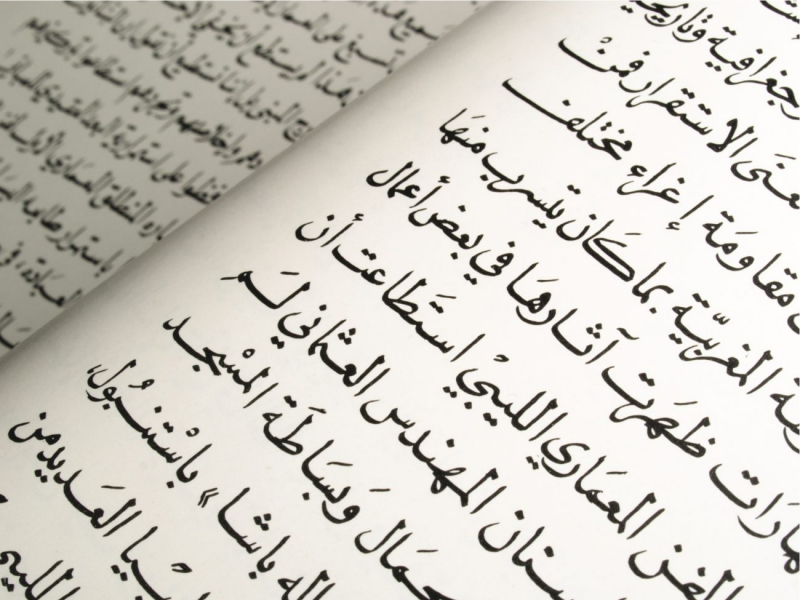
executive-magazine.com -
Urban areas have a strong western influence on clothing and fashion. The majority of people dress in western attire, and many fashionable Lebanese keep a close watch on global trends. However, some people still dress traditionally in rural areas. For men, they may be seen wearing Sherwal baggy pants, a long-sleeved shirt, Kamis, a vest, and a headpiece or a Tarbush cap with a black tassel, while ladies may be seen wearing a long dress, Festan, or a Tannura skirt covering all of their flesh. Muslims in Lebanon typically dress more formally than those in most other Arab nations. Nevertheless, Muslim women in Lebanon frequently wear headscarves, and the majority of them choose western-style clothing that covers their skin.
However, many Lebanese designers are fusing the traditional with the modern and producing fashionable traditional clothing and abayas appropriate for evening and day wear for all ages and communities as returning back to the roots and revitalizing local customs are being highlighted. That is one of the list Lebanon Culture, Customs and Etiquette.
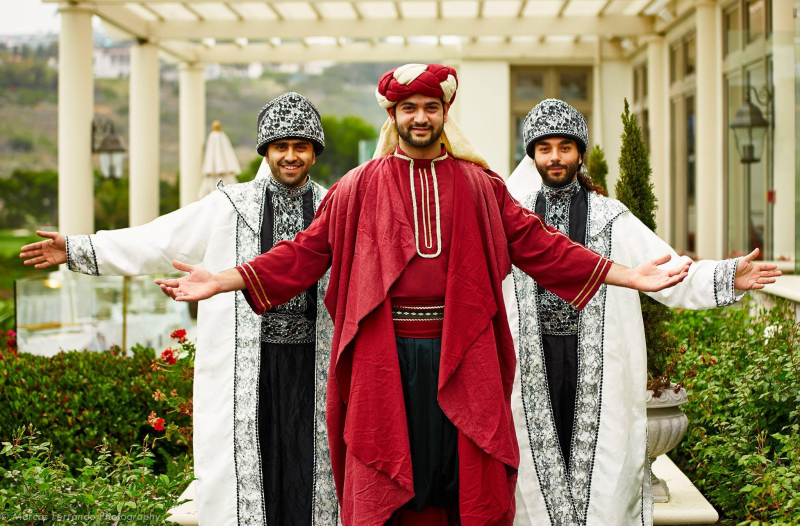
rslantext.com 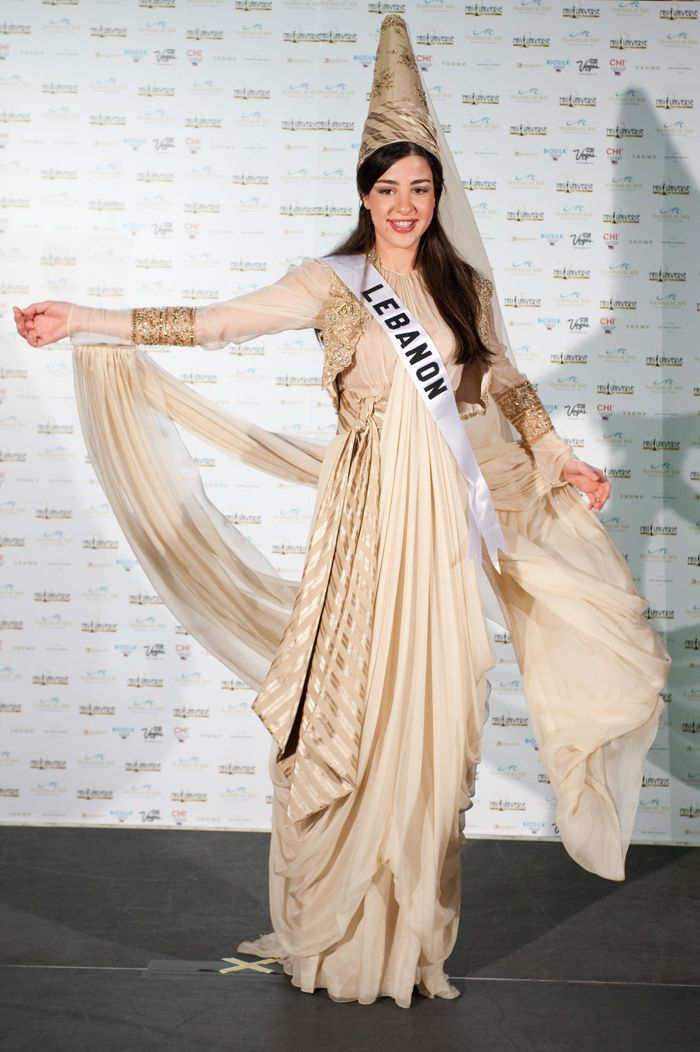
rslantext.com -
Conflicts between Christians and Muslims have caused numerous disturbances, conflicts, and civil wars throughout history. The Lebanese chose to distribute control of the public posts among the pre-existing religious confessions in order to reduce tensions and appease all populations. In accordance with this novel form of administration, they decided to distribute power among the three major religious groups, with the President of the Republic being a Maronite Christian, the Prime Minister is a Sunni Muslim, and the Speaker of the Parliament being a Shiite Muslim. This arrangement is still in effect today.
Like many Arab countries, Lebanon places a strong emphasis on interpersonal interactions, family traditions, and religious beliefs. The population of Lebanon is ethnically varied and lives in a pluralistic society. With 18 officially recognized confessional communities, including four Muslim sects, twelve Christian sects, Druze, and Judaism, it is the most religiously varied country in the Arab world.
This ancient land has been home to some of the most intriguing civilizations in the world for more than 5000 years. The area's archeological sites show that Phoenicians, Greeks, Romans, Byzantines, Arabs, Crusaders, Mamluks, and Ottomans lived there. In addition, it is the location of Byblos, one of the oldest cities that have ever been inhabited continuously.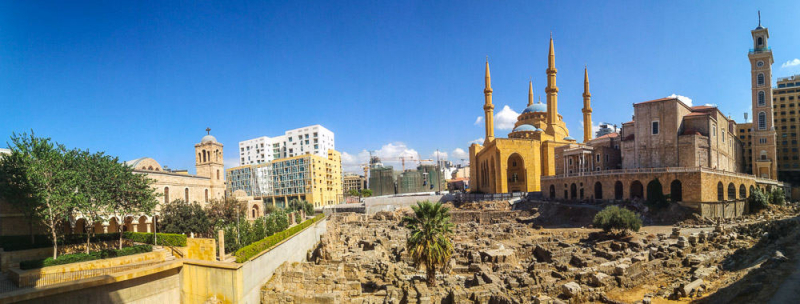
unusualtraveler.com 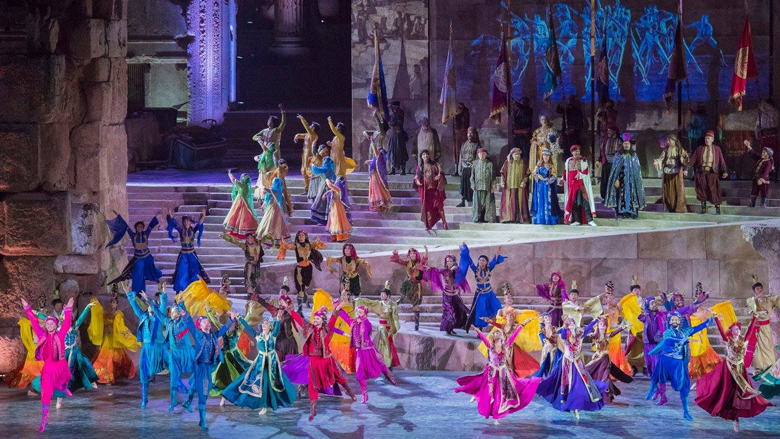
unusualtraveler.com




























